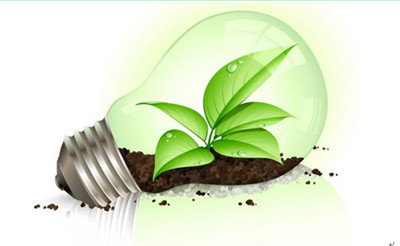Using less energy saves money and lowers greenhouse gas emissions.
使用节约能源不仅可以省钱还可以减少温室气体排放。
And various studies have looked at ways to get households to use less energy.
现在各方已经将研究方向投向了家庭使用节约能源的方面。
Now there's evidence that people in such a study use less energy…because they're in a study.
现在有证据显示人们正处于被研究的状态下可以节约能源,因为他们正在被研究当中。
The general phenomenon is called the Hawthorne effect:
这一现象被称为霍索恩效应:
study subjects change their behavior because they're being observed.
被研究的个体在被观察时会改变其行为。
So researchers collaborated with a utility to test for the Hawthorne effect in electricity use.
因此研究人员们与一些公司合作检测电力使用中的霍索恩效应。
They monitored almost 5,600 randomly selected households.
这些家庭都是通过随机选择产生,大概有5600户。

Half received a postcard saying that their energy use would be monitored for a month for research purposes.
一半的家庭会收到一张明信片,上面会称他们的能源使用情况会因科学研究目的而被监测一个月。
They also got four follow-up reminder postcards over the month.
接下来的一个月内他们还会随之收到4张提醒明信片。
They received no other information, instructions or incentives.
除此之外,他们不会收到任何其它信息,比如指导或者鼓励之类的。
The control group monitored for the study got no notifications.
对比组的家庭也是被监测但是没有被通知或者提醒说他们正在被监测中。
That group continued using the same amount of electricity.
所以这个组的家庭们继续保持和以前一样的电力消耗。
But the families being tracked reduced energy use 2.7 percent.
而被告知监测的家庭使用的电力减少了2.7%。
And when the study period ended, their energy use shot back up.
当这个研究结束后,他们的能源使用突然就恢复常态了。
The report is in the Proceedings of the National Academy of Sciences.
该研究报告已在《国家科学研究进展》上发表。
Clearly, mindful consumers can find ways to easily lower their energy consumption.
很明显,被告知的消费者能找到合适的方法轻松的降低自己的能源消耗。
Perhaps policy makers can find a way to use the Hawthorne effect to everyone's advantage.
或许政策制定者们能利用霍索恩效应来处理能源使用问题。


